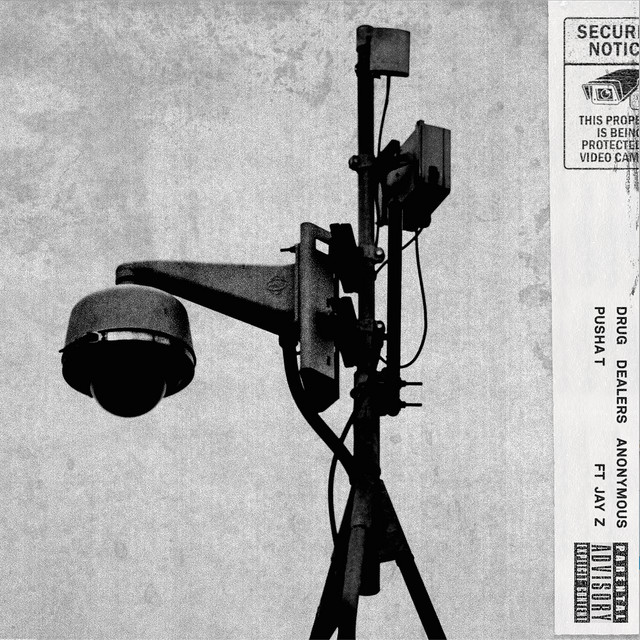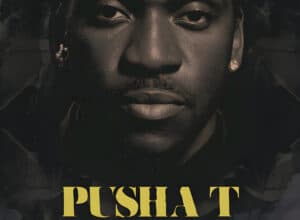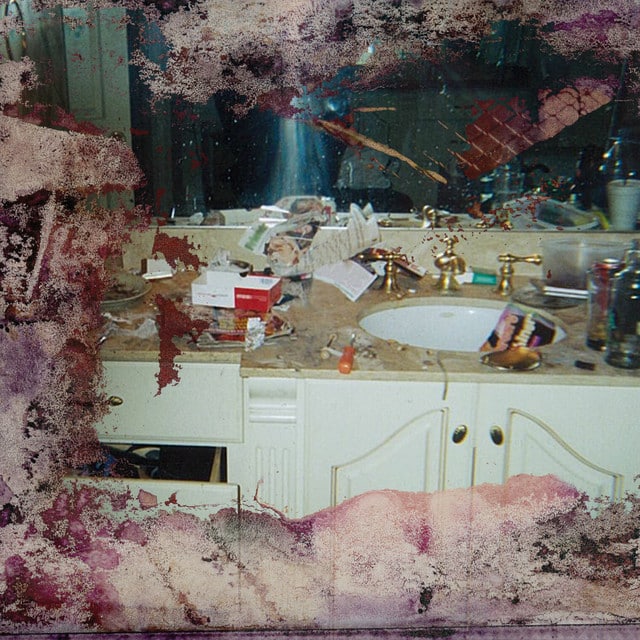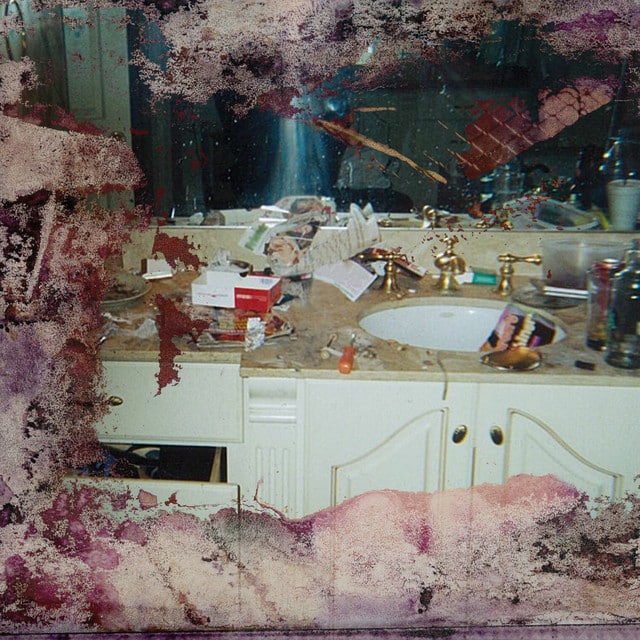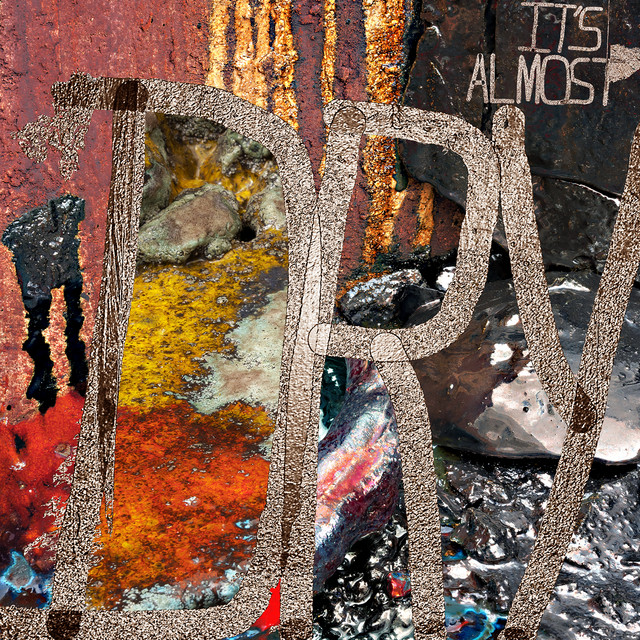Released: 2016 • Features: JAY-Z
“Drug Dealers Anonymous” by Pusha T, featuring Jay-Z, serves as a gritty, unapologetic anthem that lays bare the realities of drug dealing, the wealth it can generate, and the societal implications tied to it. The song skillfully intertwines personal success stories with a critique of America’s war on drugs and the stigmatization of black entrepreneurs. Through vivid imagery, complex metaphors, and real-life references, the artists share their ascent from the streets to the pinnacle of success, all while questioning the morality and hypocrisy inherent in American society.
Starting off, Pusha T sets the tone with “Valentino summers and wave runners,” juxtaposing luxurious lifestyles against the backdrop of their origins—”Chains on my niggas like slave runners.” This opening line isn’t just flaunting wealth; it’s a stark reminder of the systemic issues that have historically shackled black communities, contrasting sharply with their current symbols of success. When he mentions, “How many Madonnas can that Mazda fit?” it’s a nod to both the commodification of women in the industry and the practicalities of drug transportation. The “brick talk” Pusha T refers to isn’t just about drug dealing; it’s a metaphor for the foundation of his success, built upon the ominous, often dangerous world he navigated.
Jay-Z’s verse delves deeper into the juxtaposition of past criminal lifestyle against present success. Mentioning names like Federico Fellini and Sergio Tacchini, he elevates his status to that of legendary figures, while keeping his roots in the drug trade (“Bitch I been brackin’ since the ’80s”). His line, “14-year drug dealer and still counting,” followed by, “Who deserves the medal of freedom is my accountant,” cleverly plays on the idea that navigating the financial and legal obstacles of drug dealing requires as much acumen as official accolades. Jay-Z’s reference to “loop holes” and the IRS points to the complex dance of legality and survival strategies in the drug game and in business.
Both artists use the platform to critique the double standards and systemic racism prevalent in society. For instance, “America’s nightmare’s in Flint” by Pusha T highlights the neglect of black communities, comparing it to the scrutiny and condemnation drug dealers face. Jay-Z’s lines, “Before Reasonable Doubt dropped, the jury hung / Bling bling / Every time I come around your city bling bling,” ties his personal success back to the broader black experience—turning societal exclusion into a form of empowerment through visible wealth and influence.
The song’s powerful narrative is encapsulated in its hook, “Drug Dealers Anonymous,” a cheeky yet potent reflection on the anonymity and universality of drug dealing in the struggle for success within marginalized communities. By embracing and exposing their past, both artists assert control over their narrative, challenging listeners to ponder the complexities of morality, legality, and success in a society that often offers limited paths to achieve the latter.
In essence, “Drug Dealers Anonymous” isn’t just a boast of wealth or a glorification of drug culture. It’s a nuanced critique of the American Dream, told through the lens of those who’ve lived its darkest realities and emerged to tell the tale. The song stands as a testament to resilience, a critique of systemic injustice, and a complex acknowledgment of the moral ambiguities that beset the path to success.
